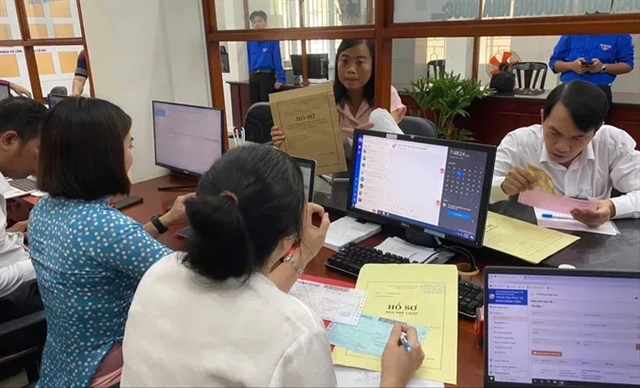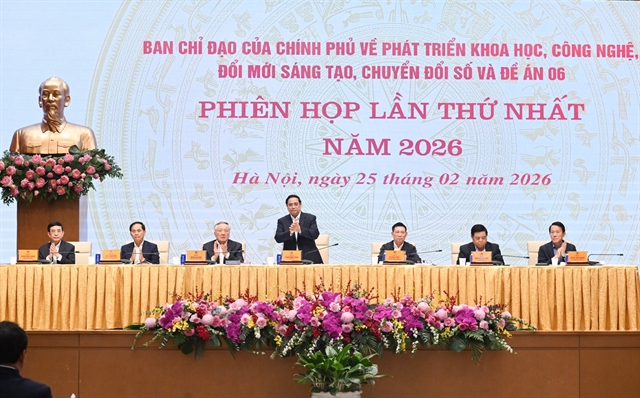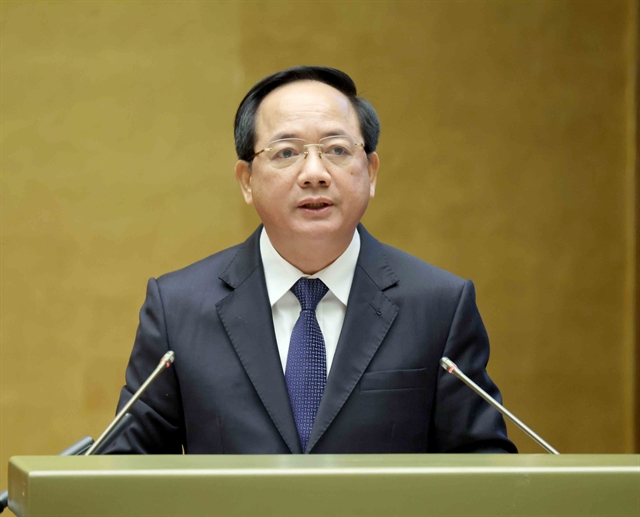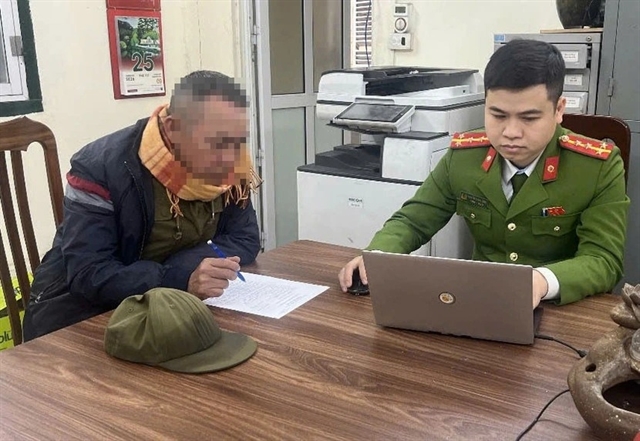 Society
Society
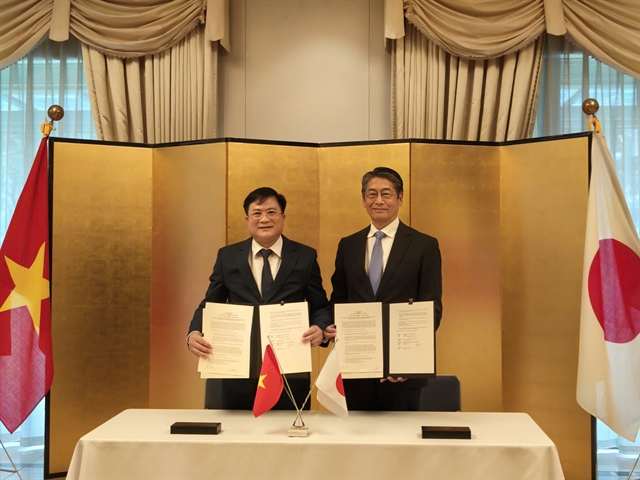
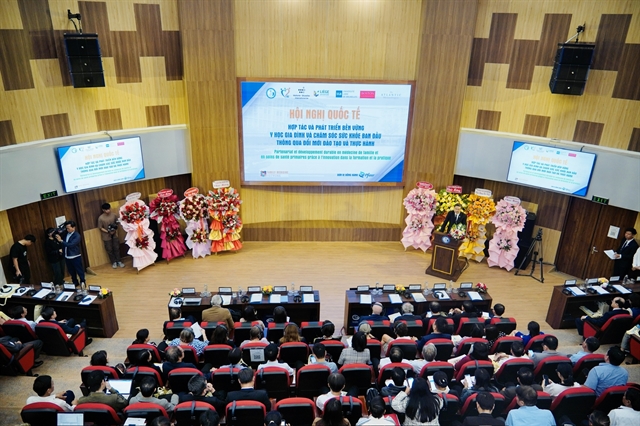 |
| An international conference was held at the University of Medicine and Pharmacy under Huế University with the theme of cooperation and sustainable development of family medicine and primary healthcare through innovation in training and practice. — Photo from Huế University of Medicine and Pharmacy |
HUẾ — The University of Medicine and Pharmacy under Huế University, in collaboration with the Wallonia-Brussels Delegation (Kingdom of Belgium), held an international conference on November 13 discussing cooperation and sustainable development of family medicine and primary healthcare through innovation in training and practice.
Opening the event, Prof. Dr. Nguyễn Vũ Quốc Huy, Rector of the University of Medicine and Pharmacy, said that Resolution 72 of the Politburo on the protection, care and improvement of public health affirms that strengthening primary healthcare and developing family medicine are key orientations to achieving the health sector’s major goal of universal health coverage. He noted that this is not only an important political mandate but also a foundational step for consolidating and developing Việt Nam’s healthcare system.
Prof. Dr. Huy stressed that this marks a shift in thinking about healthcare development, with primary healthcare becoming a crucial pillar that helps build a fair, sustainable and adaptable system capable of meeting new requirements in national development.
International cooperation in the health sector, he added, goes beyond the transfer of technology and expertise. It also helps mobilise resources, strengthen system capacity and develop initiatives in training, scientific research and clinical practice, particularly in the field of family medicine.
He explained that family medicine is both a clinical specialty and a model for organising a modern healthcare system, offering continuous, comprehensive care that links prevention and treatment, and serves both individuals and communities. This model has proven effective in many countries, including Việt Nam.
At the conference, Dr Dương Huy Lương, Deputy Director of the Department of Medical Examination and Treatment Management under the Ministry of Health, noted that family medicine in Việt Nam only has nearly 25 years of development.
Before 2000, the discipline did not exist; the first family medicine department was established in 2002. Today, more than 10 medical schools across the country are offering training courses in this field.
Lương emphasised that with a focus on “early and proactive disease prevention,” strengthening the family medicine network will expand access to healthcare services, broaden care from prevention to treatment and ensure equity and sustainability in the health sector.
“To realise this direction, we must rely on primary healthcare, especially family medicine, so that hospitals and clinics do not merely wait for patients to come but can engage in early disease prevention,” he said.
Recalling the recent devastating floods in central localities, including Huế, Dr. Lương noted that although many commune health stations were submerged, the city returned to normal within two weeks. This, he said, demonstrated the crucial role of healthcare workers and family medicine in community recovery and health protection.
He added that the Department of Medical Examination and Treatment Management is continuing to refine policies and guidelines for implementing family medicine activities. The aim is to establish a clear legal framework, expand the scope of services, standardise training and improve the effectiveness of primary healthcare for the public.
The conference also marked years of steady cooperation and the combined strengths of domestic and international partners, particularly between Việt Nam and the Kingdom of Belgium in the field of family medicine.
Pierre Du Ville, representative of the Wallonia-Brussels Delegation in Việt Nam, praised the strong partnership between Việt Nam and Wallonia-Brussels over more than two decades, calling it a model for academic collaboration and sustainable development.
Over the past twenty years, achievements in training, research and practice have contributed to the formation of a nationwide network of family doctors and a primary healthcare system that plays a fundamental role in improving the quality of basic healthcare services, reducing pressure on hospitals and strengthening community health.
The conference programme featured a series of thematic workshops and continuing medical education (CME) sessions.
The discussions, recommendations and commitments reached at the conference will serve as evidence, scientific grounding and practical experience for shaping policies and strategies for the sustainable development of family medicine and primary healthcare in Việt Nam, aiming towards a fair, effective and responsive health system that meets people’s needs in the new period. — VNS

